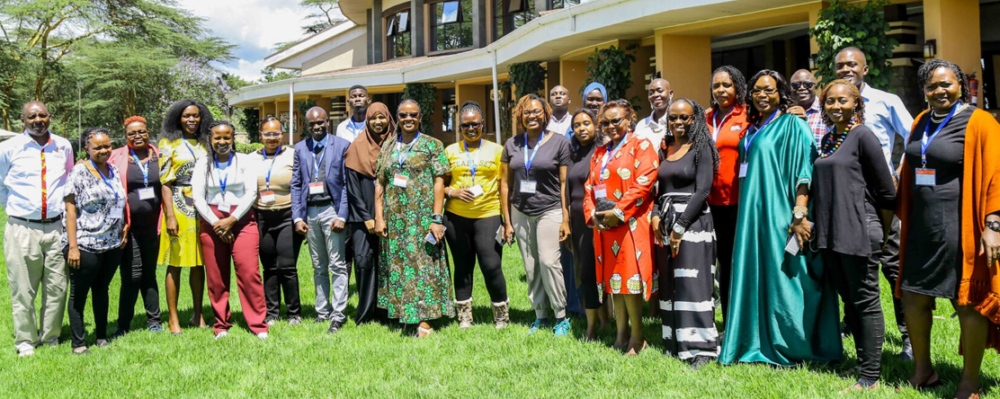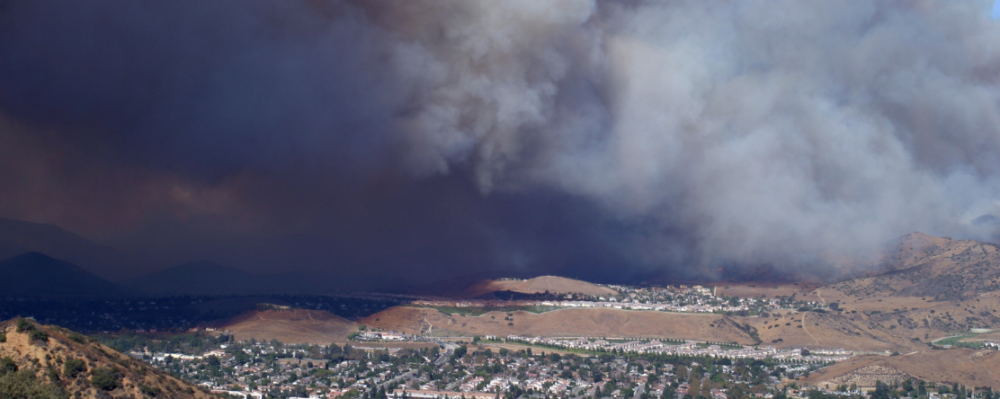
In the News
Sugary Beverage Tax to Combat Obesity and Diabetes Epidemic
-
Focus Areas
Chronic Disease Prevention, Healthy Communities -
Issues
Nutrition & Food Security -
Expertise
Public Policy Advocacy -
Programs
Roots of Change
The fight against the diabetes and obesity epidemic was re-launched last week at the state capitol as California legislators introduced a legislation that would establish a health impact fee on sugary drinks in an effort to fund obesity, diabetes prevention and oral health programs in the state.
Measure AB 2782, introduced on March 9 by Assemblymember Richard Bloom, D-Santa Mónica, and Assemblymember Jim Wood, D-Healdsburg, would establish a two-cent per ounce health impact fee on sugar sweetened beverages sold in the state.
Bloom said soda and other sugar sweetened beverages are the No. 1 source of added sugar in the American diet, and are linked to increased risk of diabetes and other diseases, like heart and liver disease, obesity, and tooth decay.
While opposition will argue that the bill hurts the beverage industry and jobs, Bloom said “the public won’t stop drinking, will not stop purchasing drinks. What will happen is that they will choose to purchase healthier or alternative drinks and these same companies already own most of those drinks.”
AB 2782 would generate an estimated $2.3 billion a year in revenue to be invested in grants to counties, cities, health departments, licensed clinics and community-based organizations prevention programs including non-profit and community-based organizations serving at-risk communities such as Latinos, African-American, Asian-American and lower income communities.
The bill is sponsored by numerous leading healthcare advocacy organizations throughout the state including The Latino Coalition for a Health California, Public Health Institute, California Black Health Network, California Dental Association, American Diabetes Association, and the California School-Based Health Alliance among others.
Xavier Morales, Executive Director, Latino Coalition for a Health California said the AB 2782 bill is very important for the community.
“What it does it tries to address the complex of diabetes. It’s a travesty, it’s a crime, and morally reprehensible that we allow the rate of diabetes and preventable diabetes to continue to increase in our communities — Latinos communities, African America[n] communities, Asian pacific islander communities, Native American communities especially,” Morales said. “This is our ethnic communities asking the legislation to take leadership on this.”
Studies have shown that the number of people diagnosed with diabetes in California has jumped 50 percent between 2001 and 2012.
One in three of children born after 2000 – and half of Latino and African American children – will go on to develop Type 2 Diabetes in their lifetimes, Morales said.
He said this new legislation will invest in “nutrition education, physical activity, more access to clean water and that is something that is especially important in the Central Valley. And farm to fork programs to bring fresh fruit and vegetable into communities that don’t have very much.”
Morales said the bill will also address the oral health problems in children.
Even though a similar proposal in the past has not been successful in passing at the state legislation, Bloom is confident that “the body of eviden[ce] on this issue has continued to grow and we will be point[ing] to all the new studies that have come out in the last year or so.”
“Now is the time to take action and begin to reverse the negative and preventable health impacts caused by these products,” Bloom said.
Read the full article and view additional photos and video at Vida en el valle.
Originally published by Vida en el valle
More Updates
Work With Us
You change the world. We do the rest. Explore fiscal sponsorship at PHI.
Support Us
Together, we can accelerate our response to public health’s most critical issues.
Find Employment
Begin your career at the Public Health Institute.



